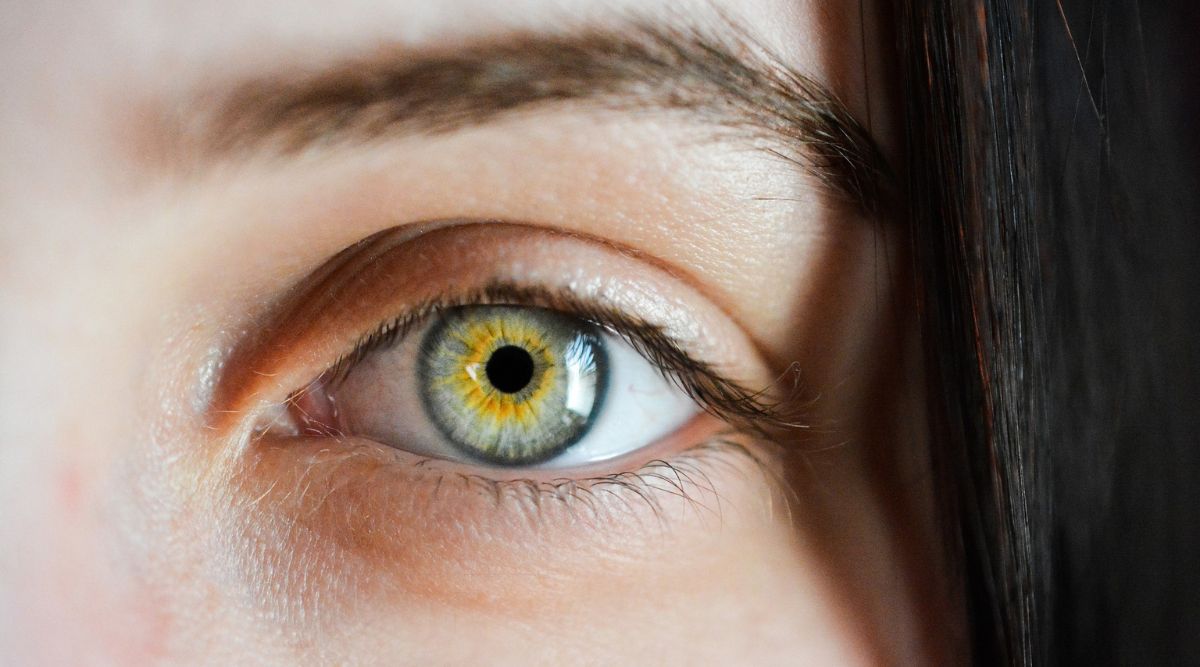Researchers develop imaging system to mimic human vision
3 minute readPublished: Thursday, May 18, 2023 at 10:13 am

The eye is probably the most complex and sophisticated camera system in the world. It was honed over millions of years of evolution and is one of the primary ways through which many animals, including humans, perceive the world around them. Now, researchers are working on imaging systems that mimic human vision. In the new study, which will be presented at the Optica Design and Fabrication conference according to Phys.org, researchers have shown that it is possible to create a lens system that could mimic some characteristics of human eyesight using simple spherical optical components. To replicate human vision, you need to first understand it thoroughly. But this can be complicated because of many factors, including the multi-layered image processing done by the human vision system. To get around this, the researchers developed a new approach to understand the performance of the human eye; one that could be used to design a lens system that can mimic it. For this, they used two different computational models of the eye to extract important optical measurements. They then used these measurements to make develop a simple optical design that only requires spherical surfaces. This system was designed to render a visual with just enough detail to emulate how image quality is degraded in the human field of vision. To evaluate how well their approach worked, the researchers compared the performance of the lens system with that of the human vision system. Their quality assessment showed that the new designed could easily reproduce the quality of the human vision system without requiring aspherical components, according to Optica. This is quite useful because aspherical components increase the complexity of the system. Interestingly, the initial design of the lens system could be relaxed by removing some surfaces. Even with this, the researchers were able to achieve quality that they say is similar to that of human vision.